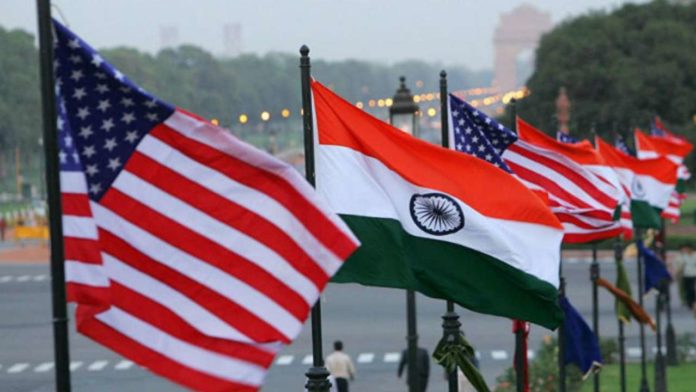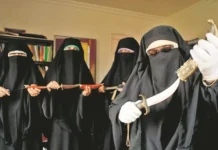New Delhi (NVI): India and the US will hold their third 2+2 Ministerial Dialogue here on October 27 with an aim of taking the bilateral strategic relationship forward amidst China’s increasing territorial aggression as reflected by its action on the Ladakh border.
The Dialogue involves Ministers of Foreign Affairs and Defence of the two countries.
External Affairs Ministry announced here today that US Secretary of State Michael R Pompeo and Secretary of Defence Mark T Esper will be visiting India on October 26-27 to participate in the Dialogue.
The Indian side will be represented by Defence Minister Rajnath Singh and External Affairs Minister S. Jaishankar.
The first 2+2 Ministerial dialogue was held in New Delhi in September 2018 and the second took place in Washington in 2019.
The agenda for the third Dialogue will cover all bilateral, regional and global issues of mutual interest, the External Affairs Ministry said.
Besides the bilateral issues, the talks are expected to cover China’s growing territorial aggression, which is reflected by its actions on the Ladakh border with India and in South China Sea.
The Foreign Ministers of India and the US met recently, along with their counterparts from Japan and Australia, in Tokyo under the banner of Quadrilateral Security Dialogue or Quad.
The Quad is an informal association and the US is keen to formalise and regularise it so that there are modalities for cooperation and interoperability among its members for dealing with global challenges.
“It is our view that with the passage of time, the Quad should become more regularised and, at some point, formalised as well, as we really begin to understand what the parameters of this cooperation are and how we can regularise it,” US Deputy Secretary of State Stephen Biegun said on Tuesday.
He said such regularisation would bolster cooperation within the Quad and with other countries in the Indo-Pacific, especially if there is a framework for dealing with crises, irrespective of whether they are natural disasters or economic and security issues.
“What you want to do is have a certain modality of cooperation, interoperability and understanding [of] the respective strengths that each partner can bring in facing any number of global challenges,” Beigun said.
Biegun said the US currently has “no designed policy for Quad expansion” and it isn’t “advocating for Quad-plus” though it has mutual defence agreements with partners in the Indo-Pacific region such as Australia, Japan, South Korea and Thailand.
The Quad member countries – India, the US, Australia and Japan — will be holding military drills called ‘Malabar Exercise’ in November.
Quad was floated in 2007 but it remained dormant till its revival in 2017, after which it gained significance in view of increasing aggressiveness by China.
The grouping was elevated to the ministerial level in September last year and India on Monday formally invited Australia to join the Malabar naval exercise conducted annually with the US and Japan.
Biegun said the Quad remains a “somewhat undefined entity” and it was premature to talk about expanding it. However, there is a “natural affinity” among numerous nations in the Indo-Pacific and an opportunity for close engagement with partners in South Asia such as Bangladesh, he added.
“We’re not necessarily advocating for Quad-plus but rather a continuation and regularisation of the Quad with an eventual goal of understanding how it could be best formalised and then also welcoming cooperation with any country in the Indo-Pacific that’s committed to defending a free and open Indo-Pacific,” he said.








